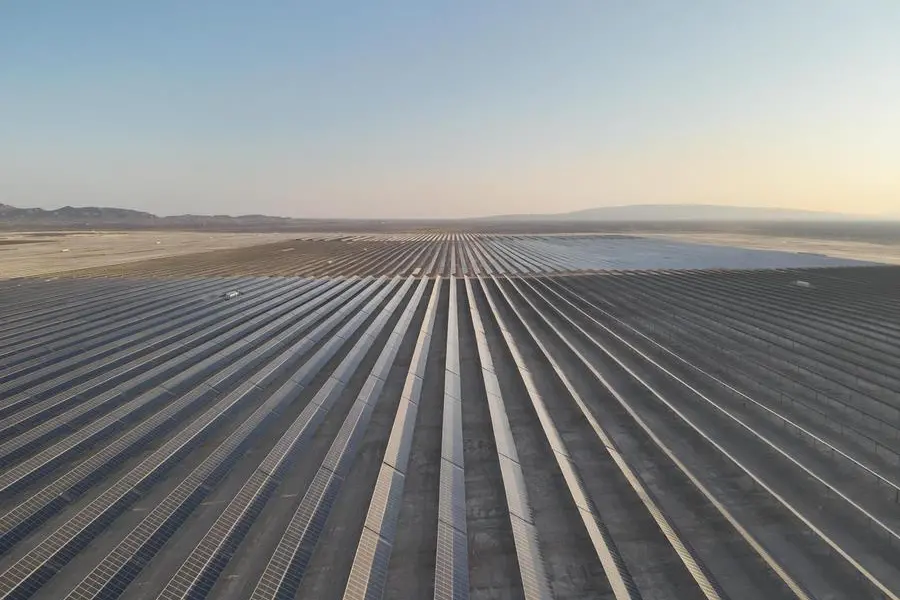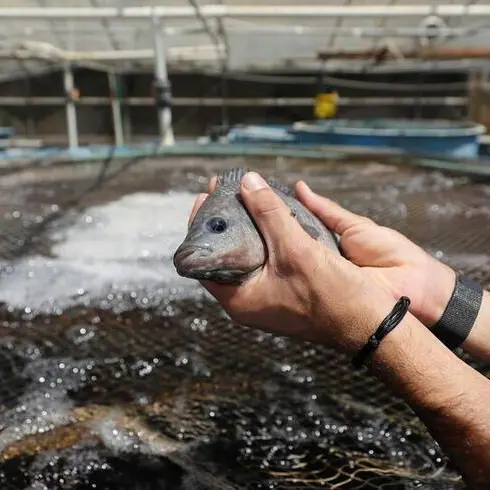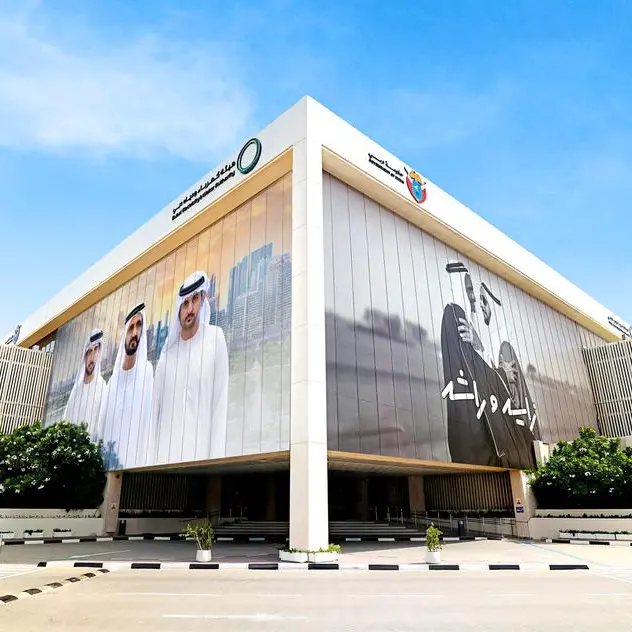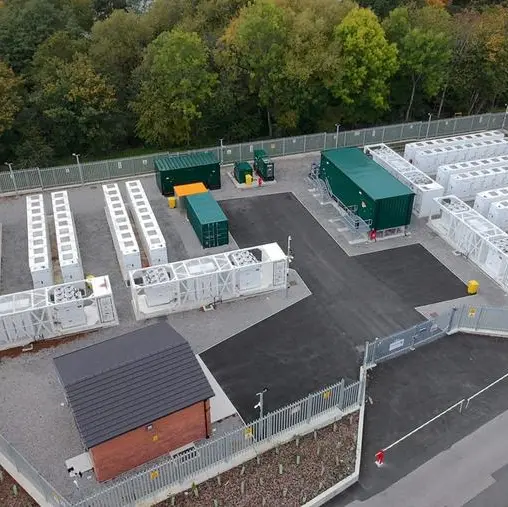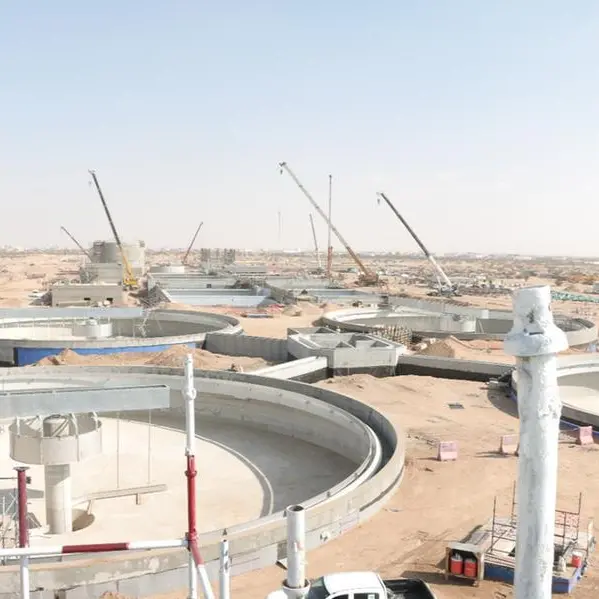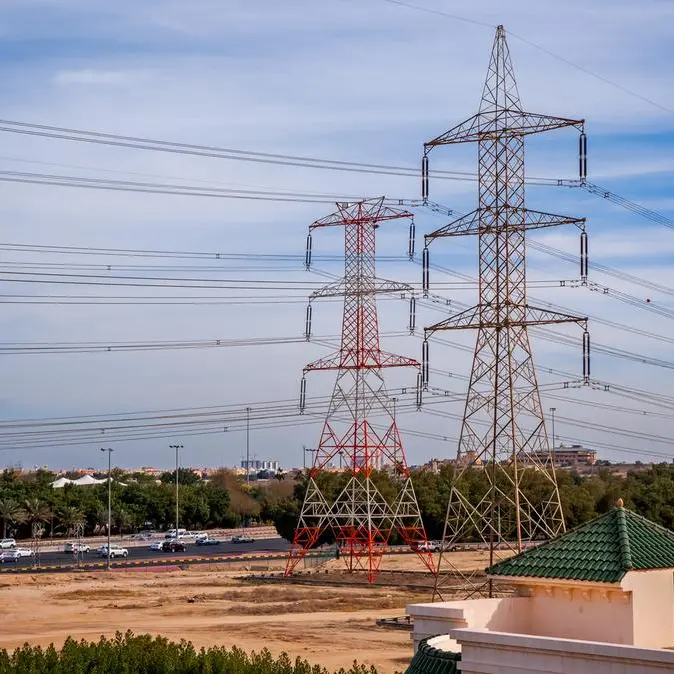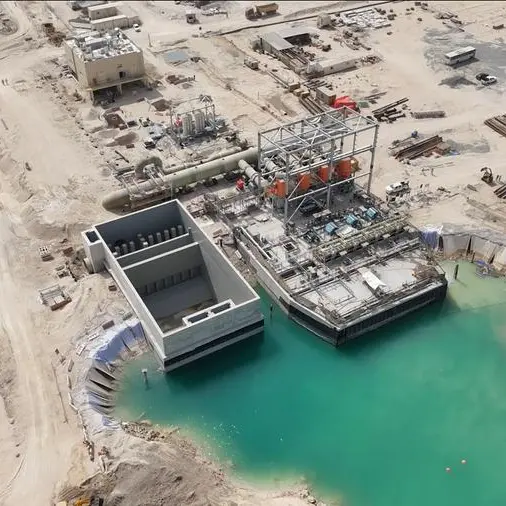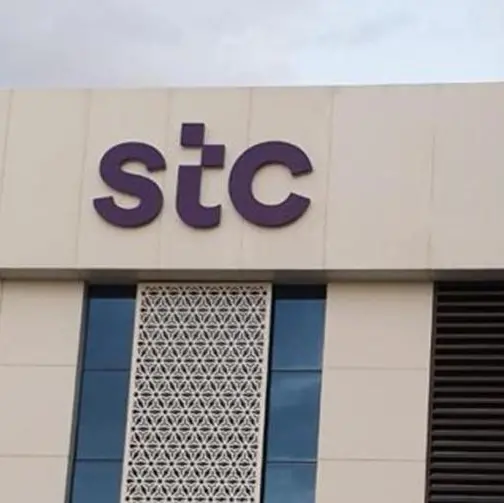PHOTO
Iraq has set a target to expand the share of renewable energy sources to 20 percent in its energy mix by 2030 but only one major solar power project has taken off.
Renewable sources currently account for a negligible part of Iraq’s power supplies and analysts believe that achieving that target is not easy at such a short notice.
More than a year after Baghdad announced plans for seven solar parks with a combined capacity of 7.5 gigawatts (GW), only one project has just been launched.
“Iraq has the potential to largely expand solar power uses given its long sunny days most of the year….but it had hesitated for a long time,” said Nabil Al-Marsoumi, an economics and energy professor at Basra University in South Iraq.
“Now there are several solar power projects on the cards but they are progressing slowly…...I believe that if Iraq wants to attain that target it should move head at a quicker pace…renewable energy is the best option for Iraq to tackle its power supply gap and end its reliance on Iranian gas for its power facilities.”
Iraq’s representative at the Abu Dhabi-based International Renewable Energy Agency (IRENA) Mudaffar Al-Jabbouri said in January that OPEC’s second largest oil producer aims to widen its renewable energy share to 20 percent by 2030.
“Iraq has intensified its efforts to gradually and smoothly switch from conventional power sources to renewable energy,” he said.
Iraq’s only solar power project was launched in January this year by TotalEnergies with a capacity of 1,000 megawatts (MW) as part of a $27-billion agreement signed with Baghdad in 2023 for the development of oil and gas fields in Basra and construction of a seawater desalination plant to feed crude production.
The Arab country, which controls the world’s 12th largest gas resources, has also agreed with ACWA Power of Saudi Arabia, PowerChina and Abu Dhabi-based Masdar company to build solar power parks but no final deal has been signed so far.
“Iraq is keen to strengthen partnership with UAE companies…we will shortly sign an agreement with Masdar for the construction of a 1,000 MW solar power plant,” Iraq’s Electricity Minister Ziad Fadil said on Thursday.
Figures by the Electricity Ministry showed in 2024 Iraq’s current electricity generation capacity is estimated at 18,000 MW while its actual needs exceed 30,000 MW.
The bulk of the shortage had been replenished by neighboring Iran with nearly 10 GW supplies and 50 million cubic metres of gas per day to run power facilities.
“Iraq can end its reliance on Iranian gas and electricity…this can be done through the gradual switch to solar power stations, which I believe are highly feasible in this country,” well-known Iraqi energy analyst Hadi Taha told Qatar’s Al-Jazeera TV.
In 2023, Iraq’s cabinet finalised a draft renewable energy law to regulate the sector and attract foreign capital to solar power and other renewable energy projects but the law has yet to be ratified by Parliament despite several debates.
Besides solar energy, Iraq is planning to build a wind power farm with a capacity of 500 MW while it has also announced the ground-breaking of its first waste-to-energy project in capital Baghdad at a cost of $500 million.
The project, launched in January, has a designed processing capacity of 3,000 tonnes per day, with three incineration lines, and is equipped with a 100MW steam turbine generator set.
“I think the 20 percent target is ambitious and will be very good if it is achieved…but at this project pace, I feel it may not materialise on time,” Taha said.
(Reporting by Nadim Kawach; Editing by Anoop Menon)
Subscribe to our Projects' PULSE newsletter that brings you trustworthy news, updates and insights on project activities, developments, and partnerships across sectors in the Middle East and Africa.
